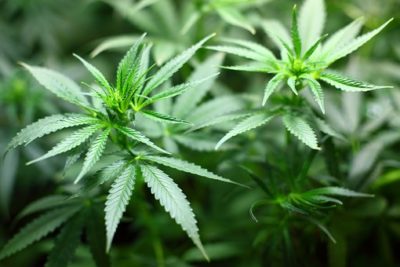Article by Greg S. Gargulinski Esq.
There are currently nine states that have legalized recreational use of marijuana (Alaska, California, Maine, Massachusetts, Washington D.C., Colorado, Nevada, and Oregon). Currently in New Jersey while medical marijuana is legal, recreational use is not. However, Governor elect Philip D. Murphy has stated he plans to pass recreational marijuana legalization within his first 100 days in office.
Although recreational marijuana is legal in some states, the Federal Controlled Substance Act (CSA), 21 U.S.C. 801 et. seq., prohibits the manufacturing, importation, possession, use and distribution of marijuana. A violation of the CSA carries serious financial and custodial penalties, 21 U.S.C. 841, et. seq. Accordingly, these states’ laws are in direct violation of the Supremacy Clause of the United States Constitution (Article VI, Clause 2). This clause states that federal law is the supreme law of the land and when there are conflicts, federal law must control.
Notwithstanding the apparent illegality, the Federal Government has not recently sought prosecution of marijuana violations under the CSA. Why? In 2013, then Deputy U.S. Attorney General James M. Cole sent a memo (the “Cole Memo”) to all United States Attorneys to use prosecutorial discretion with marijuana offenses and recommended using federal resources only in certain circumstances. This “laissez-faire” approach has now changed. On January 4, 2018 U.S. Attorney General Jefferson R. Sessions rescinded the “Cole Memo” articulating the federal governments intent to prosecute marijuana offenses under the CSA. Is this the federal governments true intent? Is this political posturing? Will this change New Jersey’s course to the legalization of recreational use of marijuana? Only time will tell.
Please contact Criminal Law Partner Greg S. Gargulinski Esq. if you have any questions about the issues regarding the State or Federal Marijuana Offense laws.
